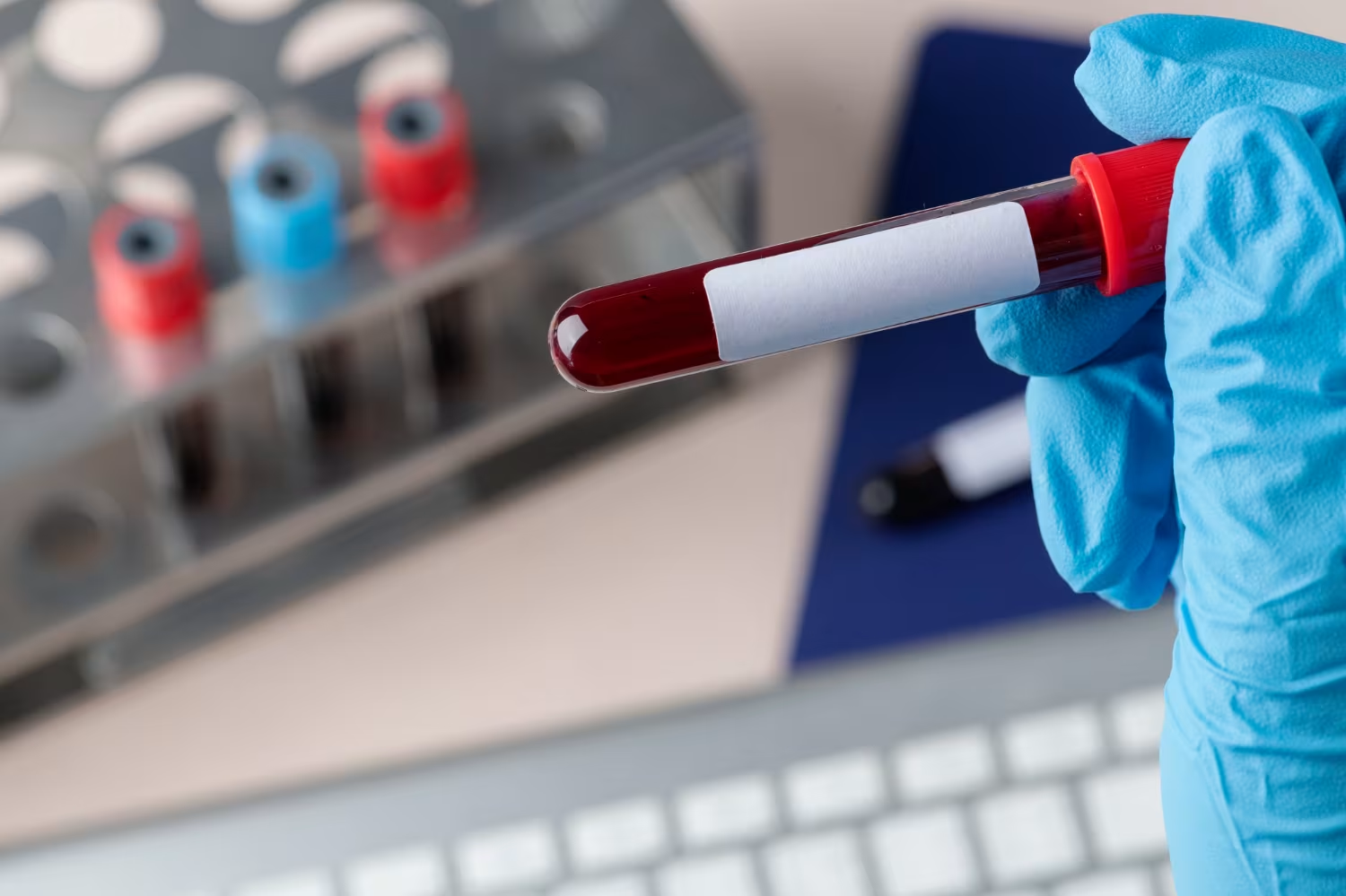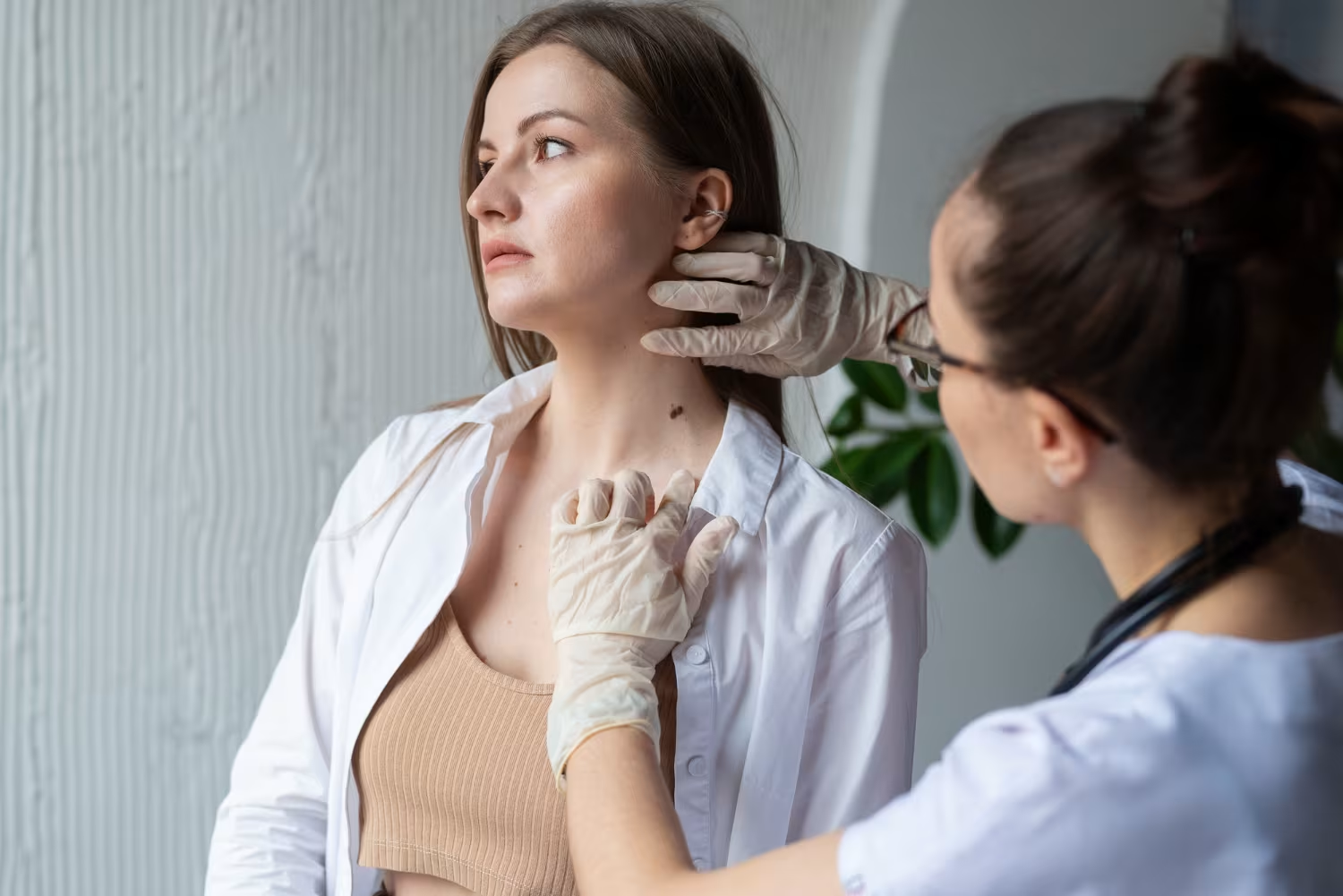
Rabies is a deadly viral infection that poses a significant threat to both humans and animals. The infection is 99% fatal, and 99% preventable! Despite advances in medicine, rabies remains a serious public health issue in many parts of the world. Getting the Rabies vaccine is a critical step in preventing this fatal disease.
Rabies is a viral infection that primarily spreads through the bite of an infected animal. The virus affects the central nervous system, leading to brain inflammation and, ultimately, death if not treated promptly. Common carriers of rabies include dogs, bats, raccoons, and other wild animals.
The rabies vaccination process involves a series of injections. For pre-exposure vaccination, typically three doses are given over a few weeks. For post-exposure prophylaxis, a series of doses is administered over a period of about two weeks, starting as soon as possible after the exposure.
Rabies remains a significant health threat worldwide, but vaccination is an effective means of prevention. Whether you are at high risk due to your occupation, planning to travel to an area where rabies is common, or have been exposed to a potentially rabid animal, the rabies vaccine is a lifesaving measure that should not be overlooked. By getting vaccinated, you protect yourself and contribute to the broader effort to control and eventually eliminate this deadly disease.
Click here to book your travel vaccinations with one of our doctors.





